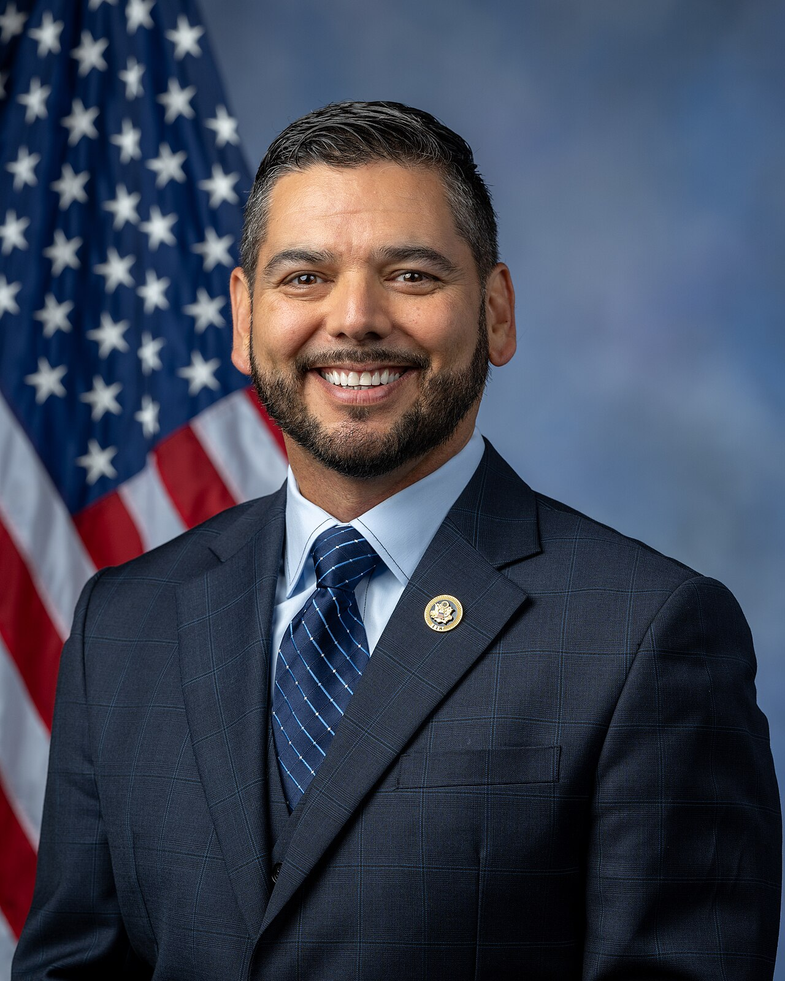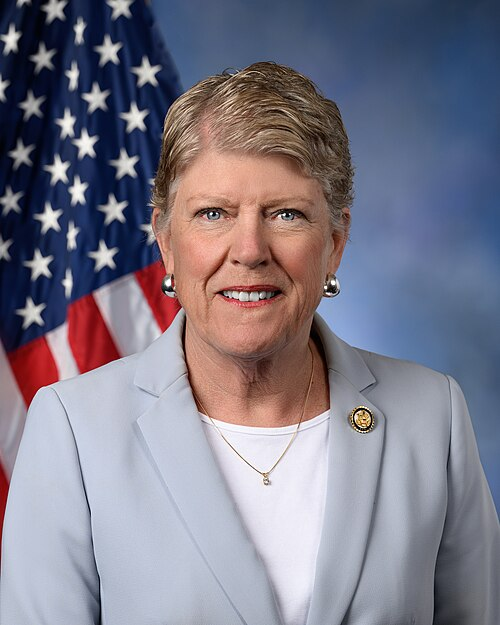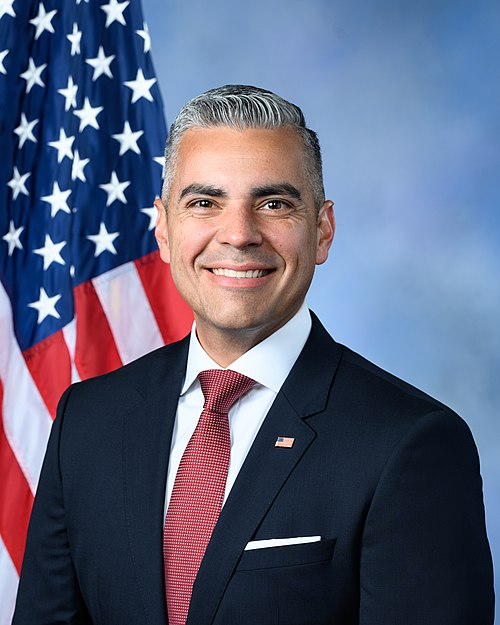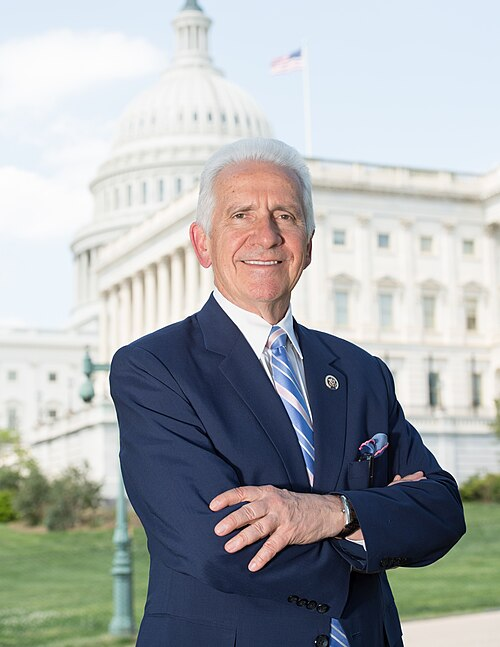H.R. 5756: Home Energy Assistance in Times of Shutdown Act
This bill, known as the Home Energy Assistance in Times of Shutdown Act or HEATS Act, is designed to ensure that funding is available for the Low-Income Home Energy Assistance Program (LIHEAP) during periods when the Federal Government is shut down. The main points of the bill are outlined below:
Purpose of the Bill
The bill aims to provide continuous funding for LIHEAP, which assists low-income households with their home energy costs, even in situations where the government experiences a lapse in discretionary appropriations. A lapse can happen during a federal shutdown when funding for government activities is halted.
Funding Mechanism
To fund LIHEAP during these shutdowns, the bill specifies that money can be allocated from the U.S. Treasury, which is not currently designated for any other purpose. This means that if Congress fails to pass appropriations, the necessary money for LIHEAP can still be obtained to ensure that eligible households receive assistance.
Impact on Low-Income Households
By ensuring that LIHEAP payments continue during federal shutdowns, the bill provides a safety net for low-income households that may struggle to pay for heating and cooling during difficult times. The ongoing support from LIHEAP can help prevent energy service interruptions and provide stability for vulnerable populations.
Legal Framework
The bill operates under the existing framework of the Low-Income Home Energy Assistance Act of 1981, specifically referring to section 2602(b) of that law, which lays out the essential provisions for delivering energy assistance to qualifying individuals and families.
Conclusion of Funding Periods
The bill specifies that the funding is applicable only during specific periods of budgetary lapse, thus allowing for flexibility in resource allocation based upon the government's operational status.
Relevant Companies
- PNW - Pinnacle West Capital Corporation: The bill could impact utility companies like Pinnacle West, as increased LIHEAP funding could lead to more timely payments from low-income households, potentially stabilizing revenue streams for energy providers.
- ED - Consolidated Edison, Inc.: This utility company might see indirect benefits from the bill, as increased assistance for low-income households can result in fewer service interruptions and delinquencies in energy payments, thereby supporting their financial stability.
This is an AI-generated summary of the bill text. There may be mistakes.
Sponsors
10 bill sponsors
-
TrackRaul Ruiz

Sponsor
-
TrackAlma S. Adams

Co-Sponsor
-
TrackJulia Brownley

Co-Sponsor
-
TrackJuan Ciscomani

Co-Sponsor
-
TrackJim Costa

Co-Sponsor
-
TrackLaura Friedman

Co-Sponsor
-
TrackRyan Mackenzie

Co-Sponsor
-
TrackJennifer L. McClellan

Co-Sponsor
-
TrackLori Trahan

Co-Sponsor
-
TrackDerek Tran

Co-Sponsor
Actions
2 actions
| Date | Action |
|---|---|
| Oct. 14, 2025 | Introduced in House |
| Oct. 14, 2025 | Referred to the House Committee on Appropriations. |
Corporate Lobbying
0 companies lobbying
None found.
* Note that there can be significant delays in lobbying disclosures, and our data may be incomplete.
Potentially Relevant Congressional Stock Trades
| Politician | Stock | Transaction | Filed | Traded | |
|---|---|---|---|---|---|

Robert Bresnahan
R / House
|

ED
CONSOLIDATED EDISON, INC. COMMON STOCK
|
Sale
$1,001 - $15,000
|
Jun 09, 2025 | May 15, 2025 | -21.30% |